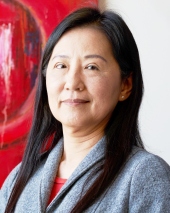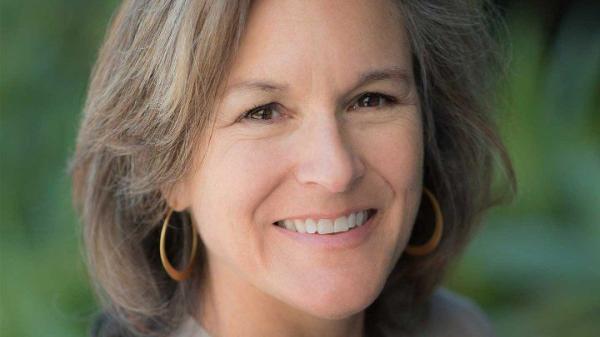Two faculty members from UC San Francisco have been elected to the National Academy of Sciences (NAS), one of the highest honors accorded to American scientists.
Ying-Hui Fu, PhD, and Andrej Sali, PhD, were among the 84 new members and 21 foreign associates in this year’s class.
The elections bring the total number of past and present UCSF members of the esteemed scientific academy to 55.
Fu, a professor of neurology and a member of the UCSF Weill Institute for Neurosciences, studies the genetic basis for human circadian rhythms and sleep behaviors. Her lab has identified mutations that underlie various heritable sleep patterns, including extreme “morning lark” behavior (Familial Advanced Sleep Phase) and natural short sleep behavior. Since circadian rhythms and sleep homeostasis are intimately connected with many physiological pathways including metabolism, immune function, and mood regulation, and have been linked to diseases such as Alzheimer’s, Fu’s studies are shedding light on sleep’s impact on health. In earlier work, Fu also studied myelin biology and the genetics of demyelinating disorders.Fu joined the UCSF faculty in 2002.
Sali, a professor in the School of Pharmacy’s Department of Bioengineering and Therapeutic Sciences, studies the structure, function, and evolution of proteins and their assemblies. His lab aims to develop and apply computational methods for predicting the structures of proteins, determining the structures of macromolecular assemblies, and annotating the functions of proteins using their structures. This research illuminates the function and evolution of these systems as well as how to modulate them, and contributes to a more complete and dynamic model of the cell. For example, the Sali lab recently determined with nanometer precision the structure of yeast nuclear pore complexes, which serve as the gatekeepers for transport into and out of the cell nucleus.
Sali, also associate dean of research in the School of Pharmacy, has been on the UCSF faculty since 2003.
The NAS is a private, nonprofit institution that was established under a congressional charter signed by President Abraham Lincoln in 1863. It recognizes achievement in science by election to membership, and – with the National Academy of Engineering, National Academy of Medicine, and National Research Council – provides science, engineering, and health policy advice to the federal government and other organizations.
The new members will be formally inducted during next year’s NAS annual meeting. Further information about this year’s new members can be found at the Academy’s website.





